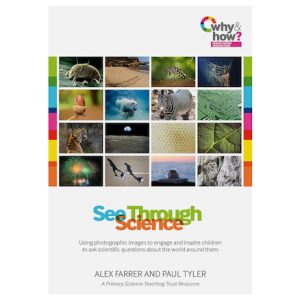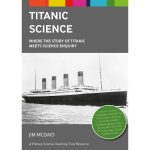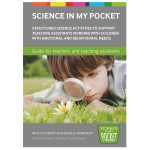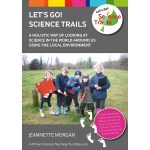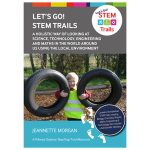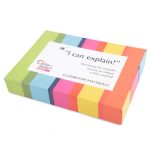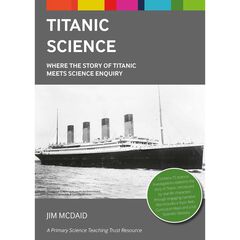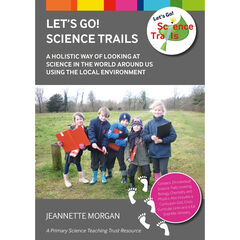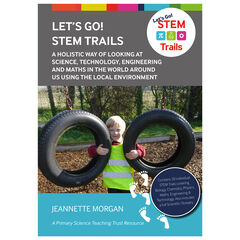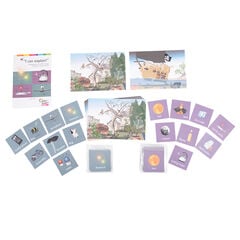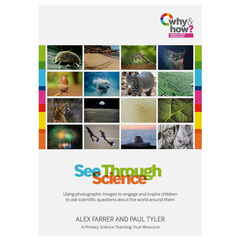.Curiosity in children is but an appetite for knowledge.
John Locke
Teachers are very skilled at asking questions – we ask hundreds every day! But do we give children enough time to develop this skill for themselves?
By using a series of carefully selected photographic images, See Through Science develops the skill of detailed observation, developing questioning and discussion between children.
A set of 15 high resolution images are provided as a digital download with the teacher’s book.
The images come with sets of questions, key vocabulary and a short explanation of the science depicted.
Additional Ideas are included, such as –
- Cookies – Children develop their observation skills by noticing and drawing the details of their own chocolate chip cookies! Can they find their personal biscuit when placed in a box with lots of others?
- Haggis – Children are asked to question the validity and credibility of images by studying a photograph of a ‘wild haggis’!
Here’s what 3 teachers who used See Through Science had to say:
These photos provide a fantastic hook to science lesson topics that are accessible to all the children. They inspire awe and wonder while developing questioning and explaining, as well as consolidating topic knowledge. As a bonus – it’s fun!
Mandie Lambert, Holy Trinity C of E Primary School
These images helped spark scientific conversation in my class and around the school. It was an excellent way to assess the children at the start and end of a topic.
Penny Camburn, Coombe Hill Junior School
All classes involved showed improvement in their observational skills and the types of questions being created and used greatly improved.
Michell McMahon, St Roch’s Primary and Deaf School
Other PSTT resources in this blog series:
The Primary Science Teaching Trust (PSTT) have a vision to see excellent teaching of science in every classroom in the UK
There is much to explore on their web site, Primary Science Teaching Trust – PSTT including many free digital downloads, videos, and excellent support for subject leaders.


